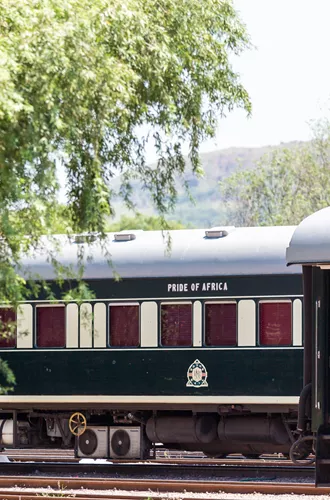Zimbabwe
In April 2024, Zimbabwe introduced a new currency called Zimbabwe Gold (ZWG) to replace the Zimbabwe Dollar (ZWL). While ZWG is now the official currency, US Dollars (USD) remain widely accepted, particularly in tourist areas. However, most businesses will not accept US banknotes issued before 2006, so ensure you carry newer notes.
Zimbabwe continues to face a cash shortage, and due to banking restrictions, ATMs may not dispense cash using international debit or credit cards. Even where withdrawals are possible, bank fees can be high. International cards are not widely accepted, especially outside major hotels and tour operators. It’s advisable to bring sufficient cash for your entire stay, preferably in small denominations, as many vendors cannot provide change.
Before travelling, confirm whether your accommodation and tour providers accept international credit cards. Many businesses only have point-of-sale machines compatible with local cards, or they may apply significant surcharges for foreign transactions.
Tipping is customary and appreciated. In restaurants, a 10% tip is standard if no service charge is included. For guides, lodge staff, and drivers, tipping around US$5–$10 per day is recommended.
When shopping, visitors will find a rich selection of locally made souvenirs, including Shona stone sculptures, woven baskets, beadwork, and wood carvings. Markets and craft stalls also offer handmade textiles, pottery, and locally grown coffee and teas. Bargaining is acceptable. Supporting local artisans not only provides meaningful keepsakes but also contributes directly to community livelihoods.
Click here for Zambia information.














